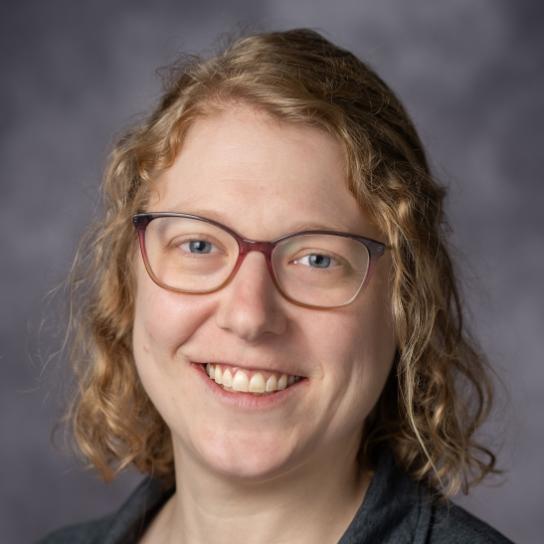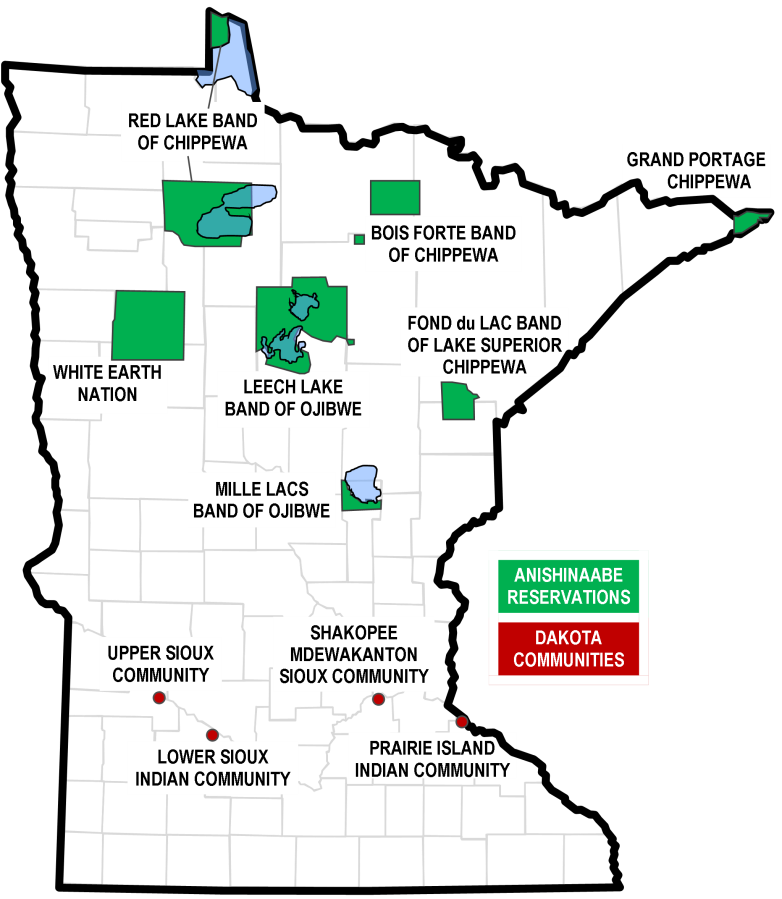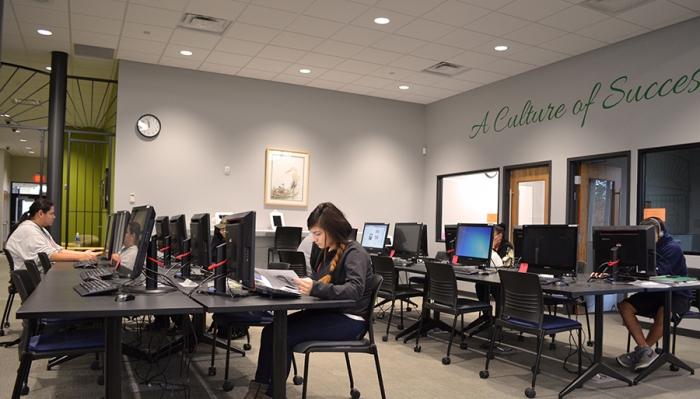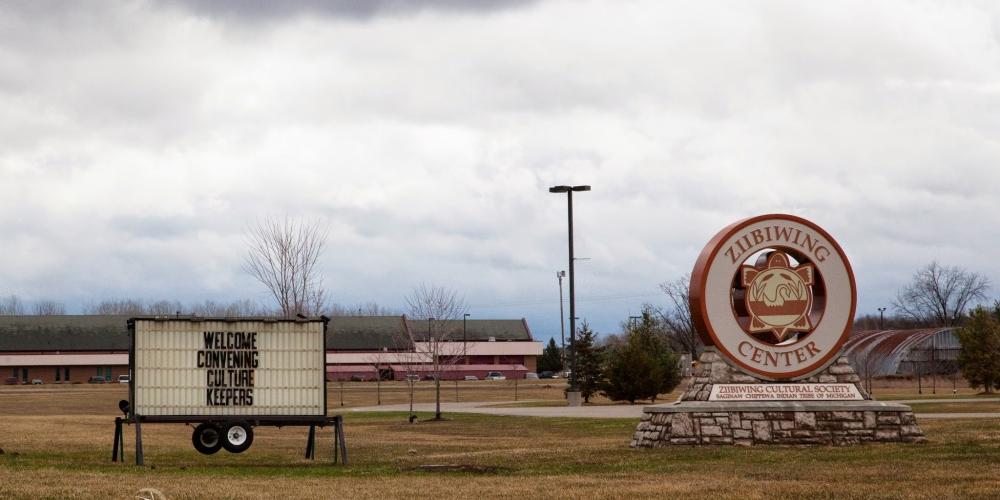Quick Summary
For many tribal librarians, opportunities for professional development can be scarce. Beyond lacking funds for registration and travel, tribal libraries are often staffed by just one or two people; participating in in-person professional development activities may result in tribal libraries temporarily closing. Several grassroots efforts aim to fill these gaps for tribal librarians.

For many tribal librarians, opportunities for professional development can be scarce. Beyond lacking funds for registration and travel, tribal libraries are often staffed by just one or two people; participating in in-person professional development activities may result in tribal libraries temporarily closing. Tribal librarians living in rural areas have to factor in hotel stays, limited options for air travel, and the unpleasantness of waking up at 3:45 AM to drive several hours to a 10:00 a.m. meeting. And even when funds are available and staff schedules can be shifted around, the focus of most professional organizations and conferences doesn’t align with tribal library needs.
Several grassroots efforts aim to fill these gaps for tribal librarians: Operating on a national level, the American Indian Library Association (AILA) is a membership group addressing the library-related needs of American Indians and Alaska Natives. Founded in 1979, AILA is a member of the Joint Council of Librarians of Color and affiliated with the American Library Association, though ALA membership is not required to join AILA. While state and national organizations may include tribal librarians in name, the particular needs of tribal libraries often go unarticulated during advocacy campaigns. A voice for tribal librarians, AILA members gathered and shared stories about the positive difference tribal libraries can make in early 2017 after the Trump administration proposed elimination of IMLS. Many tribal libraries depend on Basic and Enhancement grants from IMLS’s Native American Library Services grant program.
While AILA membership is open to all, the annual Tribal College Librarians’ Institute (TCLI) provides professional development opportunities specifically for tribal college and university librarians, offering a week of in-person presentations, workshops, and conversations. Organized and hosted by Montana State University (MSU) in Bozeman, MT, TCLI held its 28th gathering in May of 2017, drawing 39 tribal college librarians from 27 tribal colleges and universities, including Minnesota’s Red Lake Nation College and Leech Lake Tribal College. Since 2009, IMLS grants to MSU have covered all attendees’ expenses—airfare, mileage, lodging, and per diem—in full. For tribal college librarians with non-existent travel budgets, this financial support makes attendance possible.
Shifting from TCLI’s national focus to something more local, Convening Great Lakes Culture Keepers regional institutes bring together tribal librarians, archivists, and museum curators from Minnesota, Michigan, and Wisconsin. Initiated and coordinated by Omar Poler at UW-Madison’s iSchool, Culture Keepers began in 2010 and has been convening semiannually since 2011. Rather than bring participants to Madison, Culture Keepers travels between Great Lakes tribal nations with an October 2017 institute planned at the Ziibiwing Center of Anishinabe Culture and Lifeways in Mt. Pleasant, Michigan. Like TCLI, Culture Keepers has benefitted enormously from IMLS grants, receiving a five-year Laura Bush 21st-Century Librarian grant in 2013 to cover all expenses for attendees.
For tribal librarians, the professional skills gained through these three organizations are almost secondary to the close-knit networks formed: Tribal librarians learning from, commiserating with, and celebrating local successes alongside one another is, in itself, a gesture toward tribal sovereignty.



